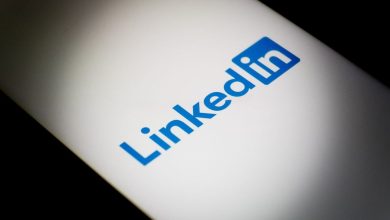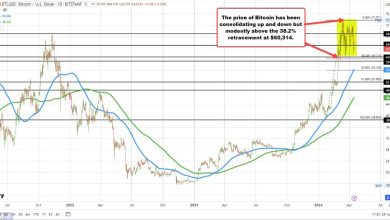US Solar Panel Firms File Lawsuit to Fight China’s Cheap Solar Panels

The world is awash with solar panels after Chinese companies flooded the market with cheap exports.
Companies including Qcells, First Solar and Swift Solar on Wednesday called on the Biden administration to impose tariffs on solar cells from four Southeast Asian countries. U.S. solar companies say Chinese companies operating in Cambodia, Malaysia, Thailand and Vietnam are illegally undercutting the market.
The demand follows an unprecedented wave of imports from the region last year. These four countries combined accounted for about 80% of U.S. solar panel imports in the second half of 2023, according to S&P data. There is now an 18-month supply of solar panels in warehouses, and prices have been cut in half over the past year to 10 cents per watt. In Germany, the panels are so cheap that they are used to cover garden fences.
“In the past, we have been dependent on foreign oil from our adversaries,” Tim Brightbill, a partner at Wiley Rein LLP representing solar companies, told reporters. “We shouldn’t make the same mistake when it comes to solar power. Solar power was invented here. It was perfected here. There is no reason for America to depend on Chinese companies. “
The petition from U.S. solar companies comes at a critical time for President Joe Biden. During his election campaign, he touted how his policies to combat the climate crisis were creating jobs. More than $111 billion in investments have been announced in renewable energy manufacturing projects alone, largely fueled by tax breaks in the Inflation Reduction Act.
But U.S. solar makers say their companies can’t compete without tougher safeguards against China, which is outpacing U.S. investments by hundreds of billions of dollars a year. CubicPV, a Massachusetts-based company, in February canceled plans to build a new factory and cut its workforce in half, citing collapsing solar energy prices.
Industry analysts estimate that China accounts for more than 80% of global solar production, with the rest largely occurring in Southeast Asia and financed by China-based companies.
US trade policy blocks imports of solar panels directly from China. But the Commerce Department determined last year that five Chinese companies were shipping products through Southeast Asian countries to avoid high taxes at the U.S. border. Despite the findings, the Biden administration has been reluctant to impose tariffs because they will be reinstated in June when a two-year waiver expires. This waiver was initially implemented to ensure that the United States could continue to develop solar energy to meet its climate goals while domestic manufacturers expanded their operations.
But in recent weeks, administration officials, including Treasury Secretary Janet Yellen, have said the United States is evaluating new strategies to counter China’s dominance in green technology, including tariffs. .
The U.S. solar companies’ petition — known as the antidumping and countervailing duty case — could lead to that. This kicks off a year-long investigation by the U.S. Department of Commerce and the International Trade Commission. The agencies will examine solar subsidies in Southeast Asian countries, as well as subsidies from the Chinese government. The investigation will determine whether the solar panels were sold in the United States at prices below the cost of production.
China, for its part, has dismissed these concerns. After Yellen met with Chinese Premier Li Qiang in April, her office told the New York Times: “The development of China’s new energy industry will make an important contribution to the global green and low-carbon transition.” »
businessinsider





